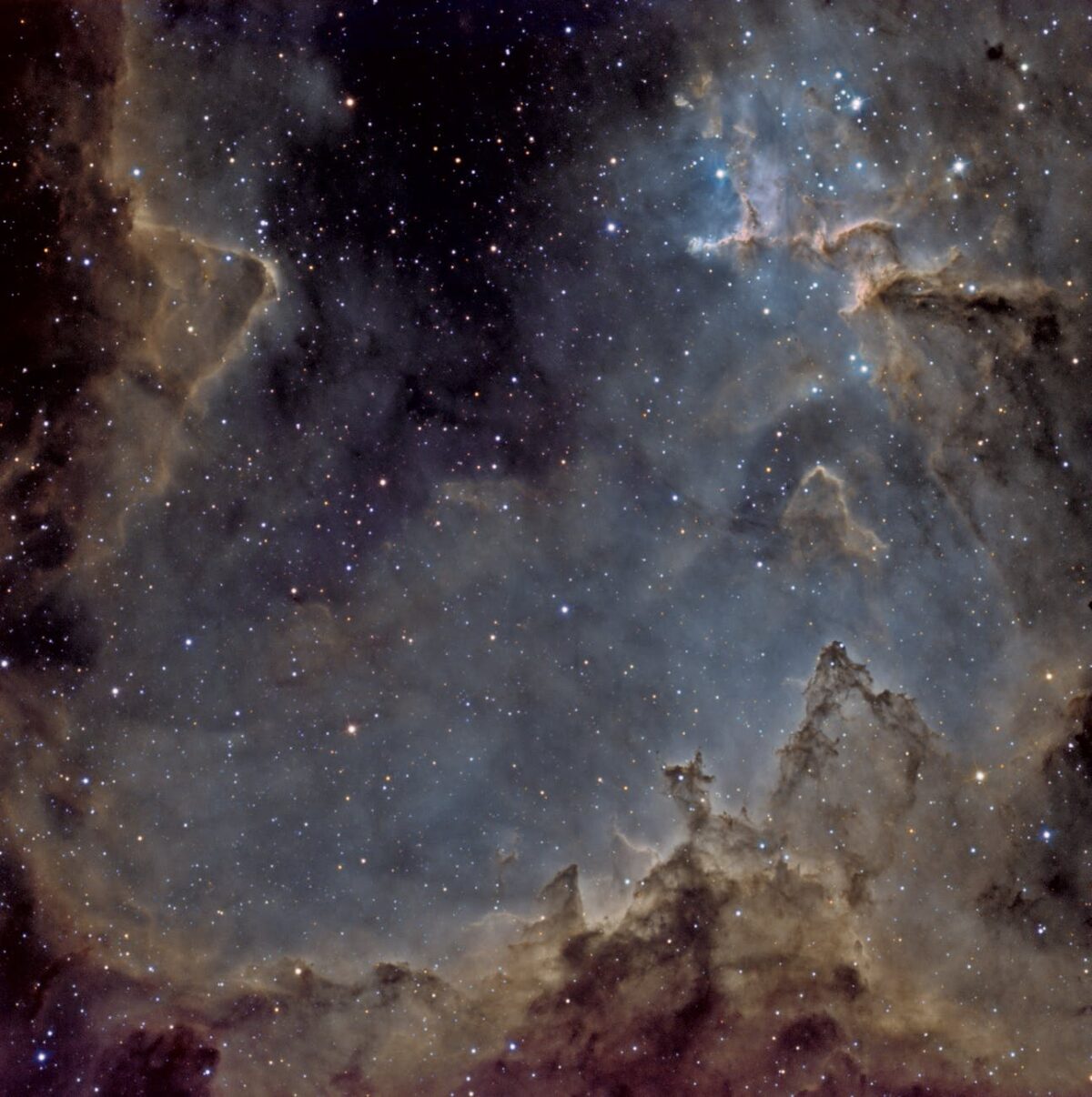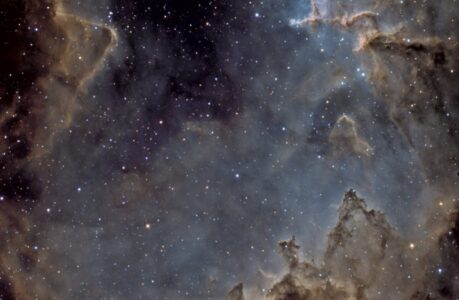Discover how a nebula filter can revolutionize your astrophotography game and bring out stunning details in celestial objects.
Astrophotography has always been a captivating hobby for stargazers and astronomers alike. The ability to capture breathtaking images of the cosmos allows us to marvel at the wonders of the universe. However, the night sky is often filled with light pollution and other atmospheric disturbances that can hinder our ability to capture the true essence of celestial objects. This is where a nebula filter comes into play. In this article, we will explore the benefits of using a nebula filter and how it can elevate your astrophotography experience to new heights.
1. Minimize Light Pollution
Light pollution is a common challenge faced by astrophotographers, especially those living in urban areas. The glow from streetlights, buildings, and other sources of artificial light can wash out the subtle details of nebulae and other deep-sky objects. By using a nebula filter, you can effectively reduce the impact of light pollution, allowing you to capture clearer and more vibrant images of the night sky. The filter selectively blocks specific wavelengths of light associated with common sources of light pollution, such as sodium and mercury vapor lamps, while transmitting the light emitted by nebulae, stars, and other celestial objects.
2. Enhance Contrast and Detail
One of the key advantages of using a nebula filter is its ability to enhance contrast and detail in astrophotography. Nebula filters work by selectively transmitting light emitted by specific elements found in nebulae, such as hydrogen-alpha (Hα) and oxygen-III (OIII). These filters allow these wavelengths of light to pass through while blocking other unwanted light. As a result, the contrast between the nebula and the background sky is significantly improved, bringing out intricate details that would otherwise be lost. With a nebula filter, you can capture the faint wisps of gas and intricate structures within nebulae, revealing their true beauty.
3. Suppress Skyglow
Skyglow is another challenge faced by astrophotographers, caused by the scattering of light in the Earth’s atmosphere. It creates a diffuse illumination that can obscure the visibility of celestial objects, particularly in areas with high levels of light pollution. Nebula filters can effectively suppress skyglow, enhancing the visibility of deep-sky objects against the night sky. By reducing the unwanted scattered light, the filter allows you to capture images with greater clarity and improved signal-to-noise ratio, resulting in sharper and more captivating astrophotographs.
4. Expand Imaging Opportunities
Using a nebula filter can expand your imaging opportunities, especially in regions of the night sky where nebulae are prevalent. The filter allows you to capture specific wavelengths of light emitted by nebulae, opening up a new realm of astrophotography possibilities. Nebula filters are particularly effective in capturing emission nebulae, such as the famous Orion Nebula (M42) and the North America Nebula (NGC 7000), where the Hα and OIII wavelengths play a significant role. By adding a nebula filter to your astrophotography toolkit, you can explore and photograph a wide range of nebulae with exceptional clarity and detail.
5. Versatile Applications
Aside from enhancing the visibility of nebulae, a nebula filter also offers versatile applications in astrophotography. These filters can be used to capture other deep-sky objects, such as planetary nebulae and supernova remnants. Furthermore, they can enhance the visibility of certain features on planets, such as cloud formations on Mars or the polar ice caps on Jupiter. By experimenting with different objects and settings, you can unlock the full potential of your nebula filter and capture captivating images across various astronomical subjects.
6. Time Efficiency
In astrophotography, time is of the essence. Capturing long exposure images often requires extended periods of time, sometimes ranging from several minutes to hours. However, using a nebula filter can significantly reduce the exposure times needed to capture stunning images. By blocking unwanted light pollution and enhancing the visibility of nebulae, the filter allows you to capture more photons in a shorter amount of time. This can be particularly beneficial when photographing in less than ideal conditions, such as areas with moderate light pollution or nights with limited clear sky windows.
7. User-Friendly and Cost-Effective
Using a nebula filter is not only beneficial for your astrophotography but also user-friendly and cost-effective. Nebula filters are available in various formats, including screw-on filters for DSLR cameras, clip-in filters for dedicated astrophotography cameras, and filters for telescopes. These options cater to different equipment setups and budgets, making them accessible to astrophotographers at all levels. Additionally, a nebula filter can be easily integrated into your existing astrophotography workflow, providing an immediate boost to the quality of your images without the need for complex adjustments or post-processing techniques.
In conclusion, a nebula filter is an invaluable tool for astrophotographers seeking to capture the breathtaking beauty of celestial objects. By minimizing light pollution, enhancing contrast and detail, suppressing skyglow, and expanding imaging opportunities, a nebula filter unlocks the true potential of astrophotography. Its versatile applications, time efficiency, user-friendliness, and cost-effectiveness make it a must-have accessory for both amateur and professional astrophotographers. So, grab your camera, attach a nebula filter, and embark on a journey to capture the wonders of the universe like never before.

